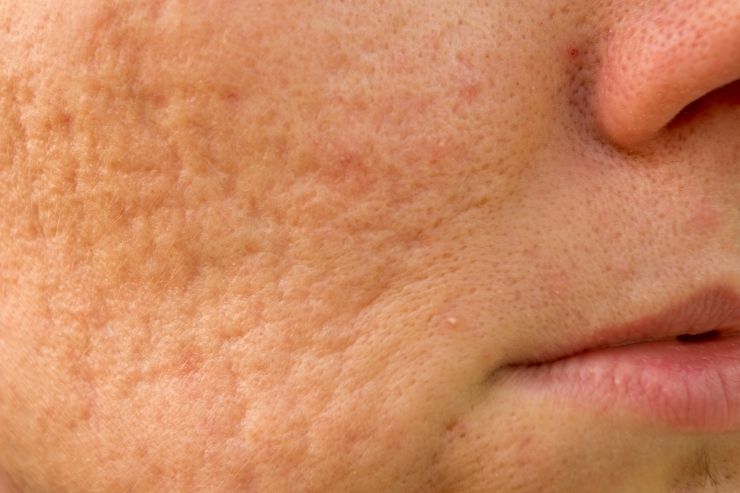
Acne scarring is a common skin condition that occurs as a result of severe acne, leaving behind visible marks or indentations on the skin. These scars can be emotionally distressing and affect a person’s self-confidence. At PARI HOSPITAL, our dermatology team specializes in treating acne scars, offering advanced solutions to help restore smooth, even skin.
What Causes Acne Scarring?
Acne scars develop when the skin’s healing process after acne is disrupted. Here’s how it happens:
Types of Acne Scars
There are several types of acne scars, each requiring different treatment approaches:
Atrophic Scars: These are depressed scars that sit below the surface of the surrounding skin. They include:
Hypertrophic Scars: These are raised scars that form above the surface of the skin, often appearing thick and bumpy. They are more common on the chest, back, and shoulders.
Keloid Scars: Similar to hypertrophic scars, but larger and extending beyond the original acne site. Keloids are caused by an overproduction of collagen during the healing process.
Treatment Options for Acne Scarring
At PARI HOSPITAL, we offer a range of effective treatments designed to reduce the appearance of acne scars and improve skin texture:
Laser Skin Resurfacing: This advanced treatment uses laser technology to remove damaged skin layers and stimulate collagen production, leading to smoother, more even skin.
Chemical Peels: Chemical solutions are applied to the skin to exfoliate the outer layers, promoting new skin growth and reducing the visibility of scars.
Microneedling: Tiny needles create controlled micro-injuries in the skin, triggering the body’s natural healing response and promoting collagen and elastin production. This helps to fill in depressed scars.
Dermal Fillers: Injectable fillers can be used to temporarily raise the depressed areas of atrophic scars, making the skin appear smoother.
Subcision: A minor surgical procedure where a needle is inserted under the skin to break up the fibrous tissue causing rolling scars, allowing the skin to lift and even out.
Steroid Injections: For hypertrophic and keloid scars, steroid injections can help reduce the size and flatten the scars over time.
PRP (Platelet-Rich Plasma) Therapy: This treatment involves injecting a concentration of your own platelets into the scarred areas to stimulate healing and collagen production.